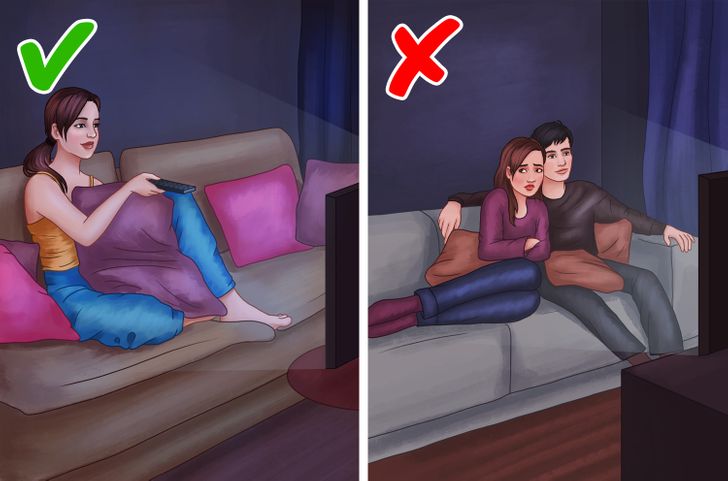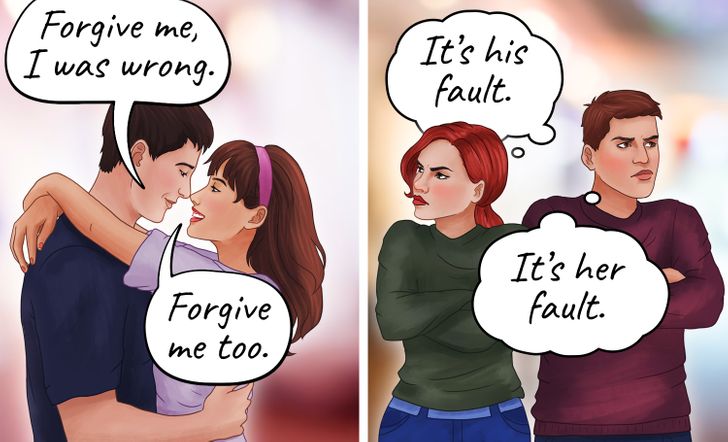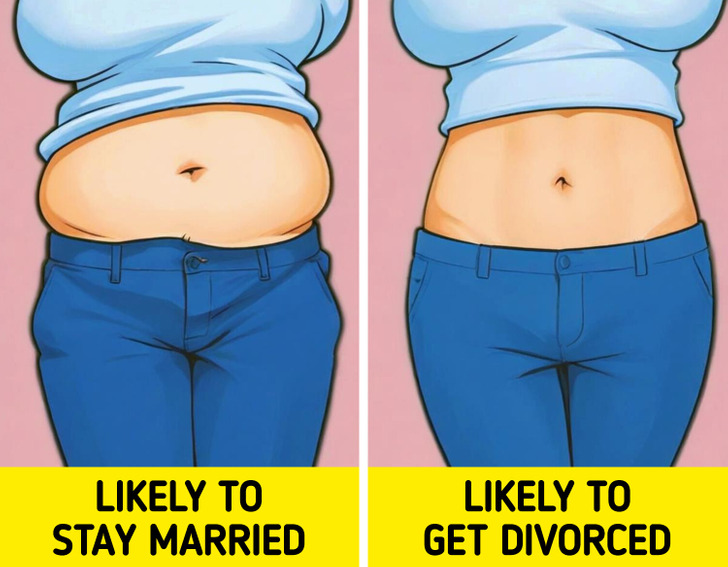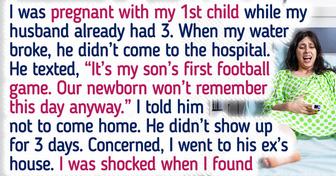New Fashion Trend: Celebrities Wearing Lingerie in Public

It’s a tough truth: second marriages face a higher risk of divorce than first marriages. But don’t worry, this doesn’t mean your relationship is doomed! While we can’t predict the future, understanding the potential pitfalls can help you navigate your relationship with more awareness.
This article is for informational purposes only. Even if you see your relationship reflected in these points, it’s not a reason to jump to separation. Instead, use this information to analyze your relationship dynamics and consider if any areas need attention.

You might think a demanding career like medicine leads to divorce, but recent research suggests otherwise. Physicians actually have lower divorce rates than many other professions. However, there’s a catch: female doctors working long hours are more likely to divorce, while male doctors in the same situation are less likely. This highlights the complex interplay of gender, work-life balance, and relationship stability.

Occasional financial setbacks are normal, but persistent money problems are a major cause for divorce. It’s crucial to address these issues head-on and work together as a team to find solutions.

While it’s tempting to sweep challenging topics under the rug to avoid conflict, this strategy ultimately backfires. Unresolved issues fester and breed resentment, eroding the foundation of your relationship. Cultivating open communication and creating a safe space for discussing difficult emotions is crucial for long-term success.

Studies have shown a link between excessive social media use and decreased marital satisfaction. Couples who overshare online and constantly seek validation through likes and comments often report higher levels of unhappiness.

If your partner constantly plasters your personal life all over social media without your consent, it’s a sign of disrespect and a disregard for your feelings. Healthy relationships require mutual respect and consideration for each other’s boundaries.

Constantly interrupting your partner signals a lack of respect and undermines healthy communication. It conveys that you value your own thoughts and opinions more than theirs, preventing true understanding and connection. Active listening, where you focus on understanding your partner’s perspective before offering your own, is essential for building a strong and lasting bond.

A supportive partner celebrates your successes, not diminishes them. Constructive criticism is helpful, but constant negativity and belittling your accomplishments can erode your self-esteem and damage the relationship.

If you constantly feel anxious, tense, or physically uncomfortable around your partner, it’s a red flag. Your home should be a safe haven, not a source of stress.

Healthy relationships thrive on open communication, compromise, and a 5:1 ratio of positive to negative interactions. If your relationship is filled with conflict and negativity, it’s time to re-evaluate.

While technology can facilitate communication, over-reliance on texting and social media can hinder deeper connection and intimacy. Meaningful conversations, face-to-face interactions, and shared experiences are crucial for building and maintaining a strong emotional bond.

Contempt, one of the “Four Horsemen” of divorce predictors, is a serious sign of trouble. If your partner constantly criticizes, belittles, or shows disrespect, it’s a major warning sign.

Interfering in-laws can create tension and strain a relationship. It’s important to set boundaries and communicate openly with your partner about any issues.

Believe it or not, research suggests a link between weight and divorce, with underweight couples showing a higher divorce rate. Also, childhood photos can offer clues about future relationship patterns. Those who frowned in their school pictures were more likely to divorce later in life.

Chronic stress, particularly from an unhealthy relationship, can weaken the immune system, making you more susceptible to illness. If you’re experiencing frequent colds, headaches, or other health issues, it’s worth considering whether your relationship might be contributing to your stress levels.

Surprisingly, research suggests a link between facial expressions in childhood photos and the likelihood of future divorce. Studies indicate that children who frowned in their school pictures were more prone to divorce later in life compared to those with genuine smiles.
Is your relationship built to last? Discover the 9 hallmarks of an unshakeable bond in our upcoming article.











